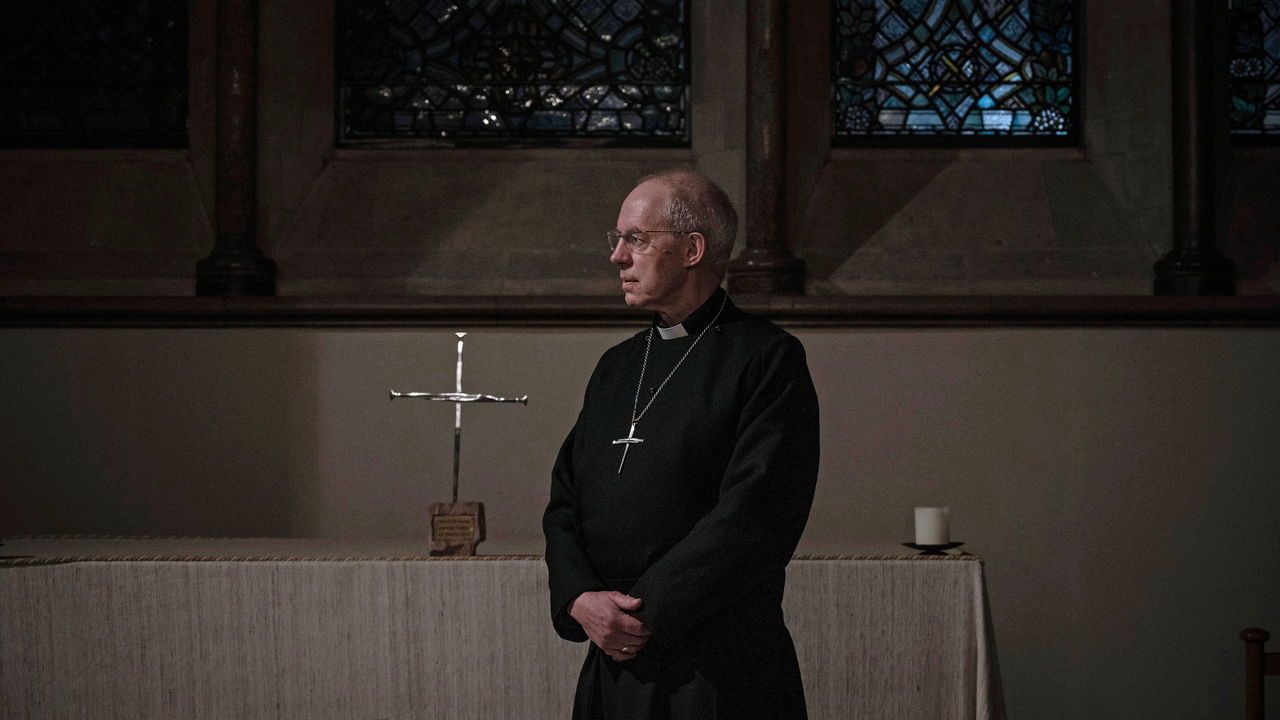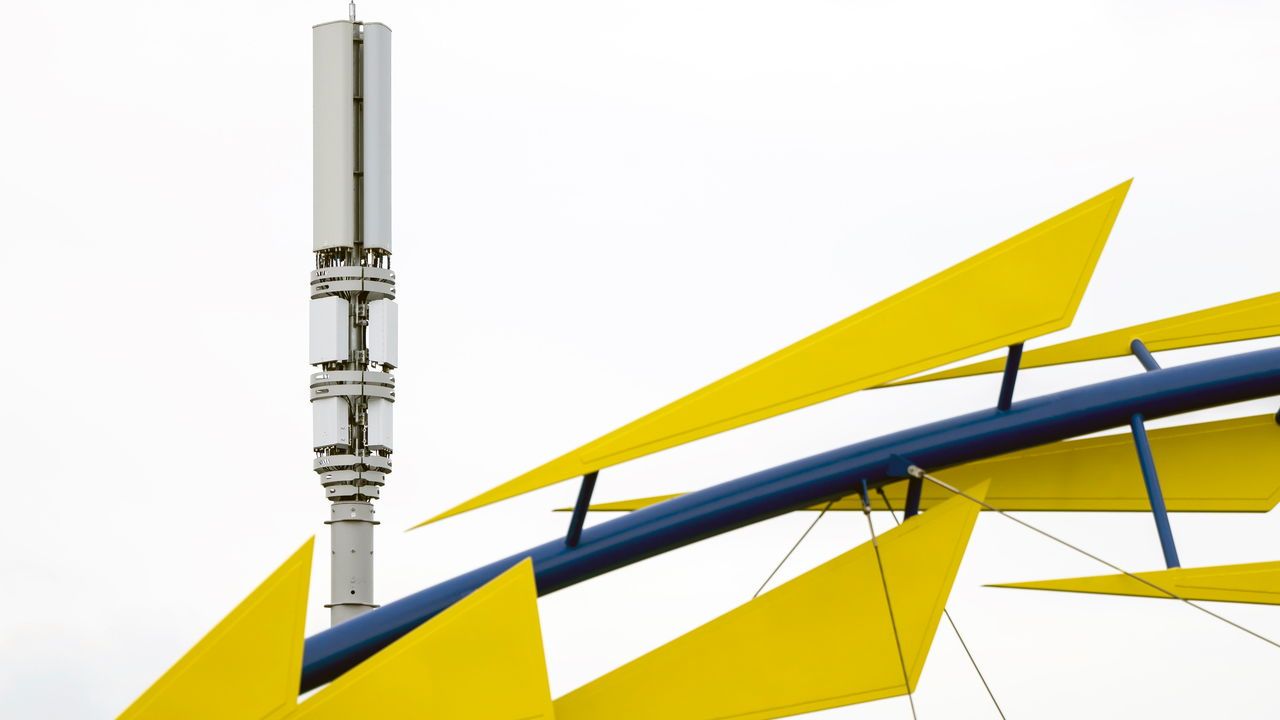What does it mean to wear a poppy today?
Remembrance is part of it. So is jingoism

Corpses were the cause. If you have ever looked at a lapel in November and wondered why the poppy is the flower pinned to it, then the answer is corpses, and chemistry. Today, the poppy is associated with Flanders fields. It shouldn’t be: the soil is too poor for them. But, from 1914 onwards, there was in the corner of that foreign field a richer dust concealed. Or, to be more precise, there were corpses: rotting, festering, fly-blown corpses, decomposing and covering the mud in a “plastering slime” as Siegfried Sassoon, a poet, wrote. The soldiers were repelled; the poppies flourished. “In Flanders fields the poppies blow,” wrote one soldier in 1915, “Between the crosses, row on row”.
Explore more
This article appeared in the Britain section of the print edition under the headline “Past tense”
Britain November 9th 2024
- Two groups are least happy about Labour’s budget
- Labour’s budget has given the bond market indigestion
- Kemi Badenoch, the Tories’ new leader, plans war on the “blob”
- Higher fees won’t help Britain’s beleaguered universities much
- The Labour government picks up a bad Tory habit
- What does it mean to wear a poppy today?
- Farmer fight: Jeremy Clarkson versus Roald Dahl
Discover more

The archbishop and the abuser
Why Justin Welby decided, eventually, to resign

The rich country with the worst mobile-phone service
5G networks are fast. Their roll-out is not

Two groups are least happy about Labour’s budget
Businesses and farmers will be hit with more tax
Farmer fight: Jeremy Clarkson versus Roald Dahl
Why are British farmers so politically feeble?
Higher fees won’t help Britain’s beleaguered universities much
A tax rise could gobble up much of the extra cash
